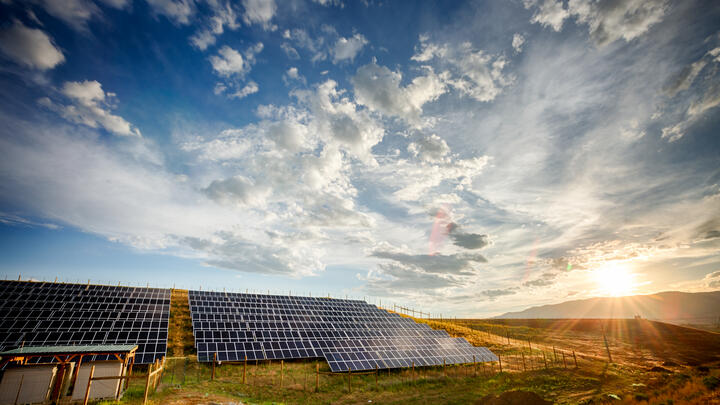Why businesses should be prioritizing sustainability targets

Carbon negative, positive and neutral – what does it mean?
Carbon neutral, climate positive, carbon negative and carbon positive are all phrases we often see in the headlines and for the most part mean the same thing to generate activities that release very low or zero carbon emissions into the atmosphere.
It’s important that the terminology used is standard and doesn’t add to the confusion in the marketplace.
For a lot of companies, even achieving carbon neutrality is a distant goal, so a practical concept of ‘carbon positive’ now doesn’t make a lot of sense unless companies have the resources to invest in sequestering carbon or investing in global development of carbon reduction, capture, and removal technologies.
At World Kinect Energy Services, we acknowledge that large companies making these statements do help the cause by raising the prominence of the issue and through sufficient investment, will doubtlessly move things in a positive direction.

How to make the switch to sustainability
For most businesses, the best practice sustainability journey starts with three things:
1) physically reducing as much energy consumption as possible at point of use (which equates directly to carbon reduction)
2) sourcing renewably what you can’t reduce in a way that promotes investment in additional new renewable development
3) offsetting what can’t be sourced renewably in a way the demonstrably equates to carbon reduction.

What should businesses be doing more of to reduce carbon levels?
All businesses should be looking to reduce energy consumption as much as possible doing so not only decreases associated carbon emissions, but also reduces bottom line costs and exposure to energy cost increases or rises in carbon taxation.
It makes commercial sense for all businesses to reduce consumption as far as is reasonably practicable.

Buy energy from renewable power sources
One of the most cost and system efficient ways to eliminate impact from purchased energy is to source renewable electricity through certificates.
This can be done by directly sourcing the renewable energy attribute certificates or coupled with a power purchase agreement (PPA).
On site renewables or a PPA enables an organisation to fix the price they are paying for power long-term, reducing or eliminating exposure to the electricity market, whilst at the same time reducing emissions.
All forms or renewable power sourcing aid company reputation, with onsite renewables doing so in a very visible way and marketable way.
Any residual emissions can then be offset, through carbon offsets should the company wish to become completely carbon neutral.

Consider how the end user might perceive your company
The more a business can do to reduce emissions, the more advantageous it is to that company’s reputation. This is particularly true for those with very customer facing brands, as the environmental impact of a company’s products is increasingly being used as a purchasing differentiator.
Consumer awareness is increasing and knowing the footprint of a product’s or service’s supply chain, might in many ways, be a future norm.
Companies that take defined climate actions, and that are measuring and publishing their carbon footprint, are setting clearly defined reduction goals.
Incorporating sustainability targets into the business strategy will be more robust towards reputational risk and will be the choice of future consumers.

How can sustainability experts help you reach your carbon off-setting targets?
At World Kinect Energy Services, our aim is to help ensure vehicles are fueled, facilities are powered, and businesses operate efficiently, with lower carbon footprints.
Our team of experts can help create bespoke sustainability strategies, provide carbon footprint reporting and advise on carbon offsetting, Renewable Energy Certificates and carbon compliance.